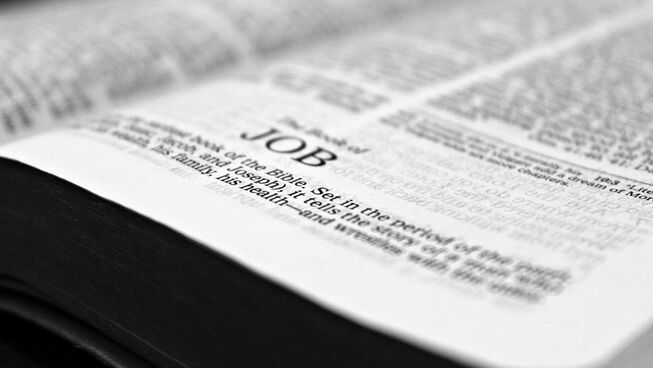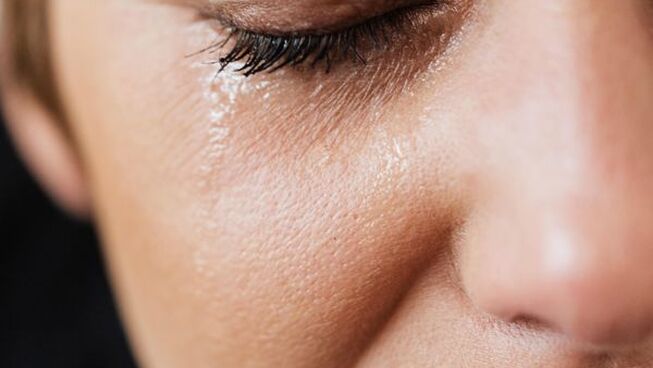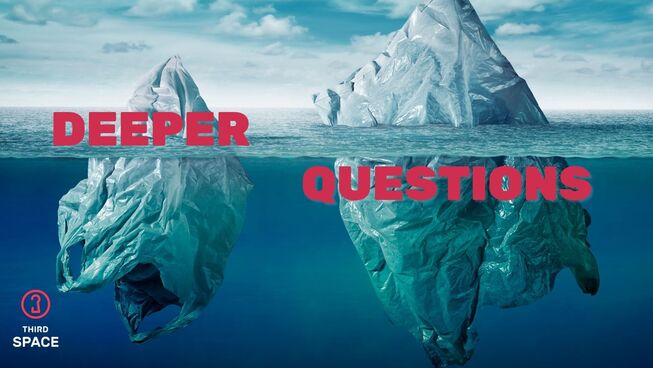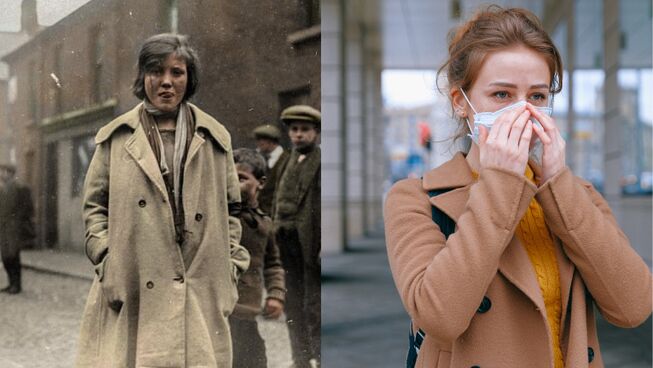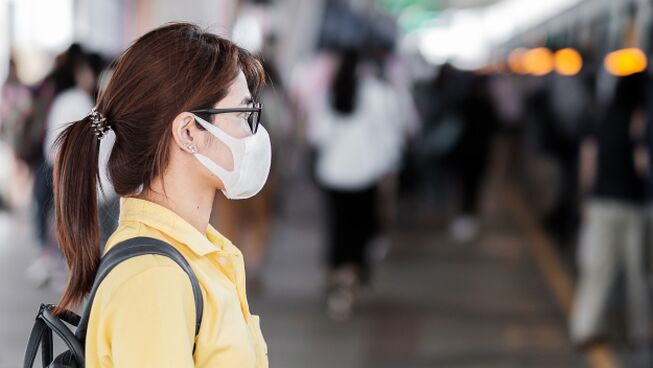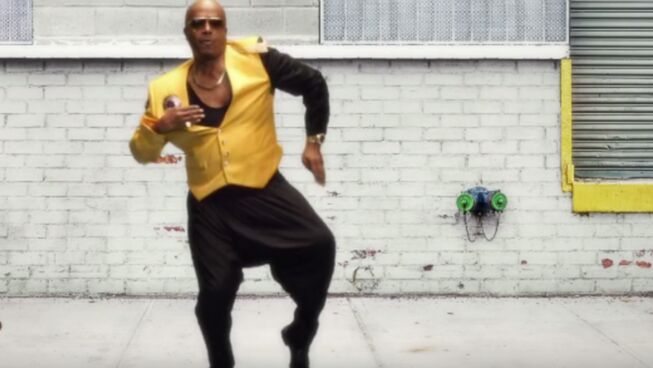Grief, lethargy and mini-meltdowns ...
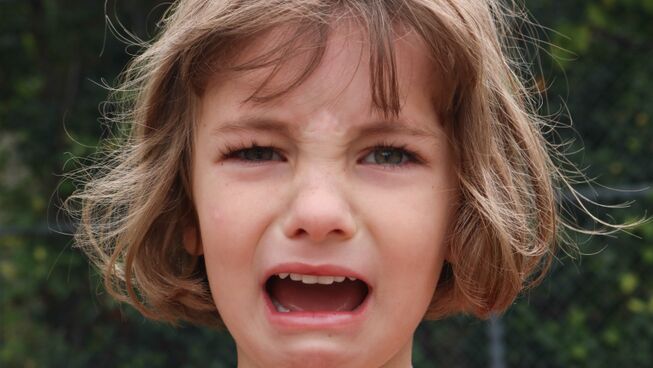
To be honest I thought I would be fine with all the coronavirus social distancing. My least favourite love languages are touch and quality time. My dad has always been big on hugging: there is a compulsory bear hug whenever we see each other. But my dad is high risk with the virus, so we haven’t hugged for over a month now. When I think of those hugs, I find myself experiencing an emotion that I can’t quite put my finger on. Is it – grief??
I also thought I’d be fine with working from home. After all, I’ve worked from home before. I knew how to work from home: 9am at the desk, 30 minute Netflix lunch break (any longer and the afternoon is lost), 5pm knockoff for exercise. They were ideal days to power through projects without the office distractions. But now I’m finding I work but it feels like I have very little to show for it. Four hours of Zoom calls and I’m ready to call it quits. Why do I feel so tired??
As I’m writing this, one of my neighbours is playing Whitney Houston’s “I wanna dance with somebody” at full volume. So annoying! I don’t want to dance with anybody! I want to work in peace! If it doesn’t stop soon I’m on the way to a mini-meltdown. Then I get annoyed with myself. I know people who have lost their jobs thanks to the virus. I know people whose family members have died. So why am I losing it over a Whitney Houston song??
I look out the window and the world looks exactly like it did two weeks ago. The sun is shining and the birds are chirping. I go on a rare trip to the supermarket and it still looks the same. Except that it’s much easier now to get a car park. And there are crosses on the supermarket floor checkouts to show us where to stand. And there is still no toilet paper on the shelves (and no flour either, which for me is just as annoying!).
I was talking to a friend the other day and he said what we’re experiencing is “culture shock”. Culture shock is when all our ways of dealing with the world are compromised because of the challenges we are going through. My friend knows a thing or two about culture shock. He and his white Australian family went and worked in Namibia, West Africa for 8 years. I can picture what culture shock could have looked like there – when even trying to buy a box of cereal would have had its complications. He would have had to learn a new way to exist in a radically different world. But isn’t that what we are all doing now? Learning to exist in a radically different world for which we weren’t prepared? Learning to exist in a radically different world that only on the surface looks the same?
Since the introduction of social distancing and now shutdown, I’ve reached out to more people than I have in the last six months. What’s fascinating is that everyone’s stories are different. For example, I’m in between flatmates and now I work from home. The only other physical human beings I see are the people I shuffle past at a safe distance on neighbouring streets (I thought I’d teach myself how to run). I can see a very real possibility of me becoming lonely, because life isn’t the same when it’s done at a distance. My brother however is in a completely different boat. He, his wife and their three children scramble to find enough separate workspaces in their home. Loneliness I suspect isn’t forefront of his mind.
While everyone’s stories are different – what is common is the culture shock. And the extent to which we feel the shock depends on a large number of variables. For example, I was talking to a friend who is working from home and she loves it because the PhD she worked on last year conditioned her for it. Another friend has been struggling with anxiety over the past year, and because our world is now constantly changing, it’s left her in an on-going state of feeling overwhelmed. I have other friends who are introverts who cheerfully tell me they are quite happy being at home with their families – at least at this stage of the game.
Whether we are experiencing minor or major culture shock, here is some helpful advice from my friend who worked in Namibia:
- Be realistic about competency and capacity when it comes to work. We have to learn new ways of doing things and this is exhausting. We can expect to have around 60% of our previous productivity, so we need to be kind to ourselves (and others). Productivity will improve when we build new competencies and resilience.
- Create moments of normality. Find those things/rhythms of life and work that help us to feel normal. Listen to our instincts for what we need and don’t feel bad about withdrawing for example to watch a favourite TV series. Because we’re all trying to do our best to cope, we’re more likely to lose it over the little things. Moments of normality help to provide some perspective.
- Be thankful. Thinking about what we can be thankful for helps us to look outward and re- orientate ourselves so that we don’t feel like victims. Being thankful means we can see the blessings of the present and not be dominated by the past that is lost (at least for now).
I can see that the culture shock will eventually subside. What we are experiencing now will eventually feel like normal. I asked my friend how long he thinks this coronavirus -related culture shock will last. He said: “Culture shock as a process is hard to set a timeline on. I expect most people will still be grieving and struggling for the whole 6 months – 12 months we are in it, and whenever we go “back” we’ll start grieving that this is not the “normal” we remember. Mental health minefield!” Sage words.
I have been thinking about the role faith – particularly the Christian faith – plays in all of this. Whether you identify as a follower of Jesus or not – faith in these times has a new credibility. A Christian friend was telling me how an atheist medical colleague reached out to him because they were worried about someone. The atheist colleague finished the conversation with: “I can see how faith can make a difference in times like these”.
As a Christian person how does my faith help me to make sense of the challenges of late? I keep going back to some words Jesus said:
4 ‘I tell you, my friends, do not be afraid of those who kill the body and after that can do no more. 5 But I will show you whom you should fear: fear him who, after your body has been killed, has authority to throw you into hell. Yes, I tell you, fear him. 6 Are not five sparrows sold for two pennies? Yet not one of them is forgotten by God. 7 Indeed, the very hairs of your head are all numbered. Don’t be afraid; you are worth more than many sparrows. [Luke 12:4-7]
Jesus is talking to his friends – his followers – about what it will be like to experience persecution for their faith. That’s one of the toughest challenges his followers will go through – it only happens because they are following Jesus. The temptation in those circumstances will be to give up on following Jesus – or to think that God has given up on them. To address these concerns Jesus says: God is the one with the ultimate power (he determines our eternal destiny) and Jesus’ followers are known and valued (unlike us, he even knows the hairs on our head).
How does this help 2000 years later in our coronavirus culture shock? Well for me personally, in times of hardship and suffering, I can trust that God is in control, and that he cares for me. My life is anchored in something (someone) outside of myself. They say “there are no atheists in foxholes”. I take it that in times of extreme stress (like wartime), that if there ever was a time to reach out to a higher being, this would be it. Someone I know recently connected to an online church because: “If I was ever going to check out God, then now would be the time”. Personally I find myself reaching out to God in prayer. ‘One comfort I have when I pray, is that I know whom I am praying to, and what that someone is like.
I have God in the picture, but I still ride the emotional wave of the coronavirus culture shock. But the troughs aren’t nearly as bad as they could be – I know that because I am never totally without hope for the future. God is in control and he cares for me. That God is both of these things is what gives me hope.
I miss my father’s hugs. It’s helpful to acknowledge the grief I’m feeling. I also have much to be thankful for, as well as someone to thank. I’m very thankful to God for the friends who’ve reached out to check in with me over the last few weeks. If I’m honest, there are moments when I feel lonely, but most of the time I’m grateful for the richness of the connections I have with friends and family.
I’m only averaging around 60% productivity at the moment (some days are better than others). No use guilt tripping myself over it. It’s actually quite liberating to let go and say my best is good enough. I do worry from time to time about the future of my role at work, but then I also remind myself that God is in control and he cares for me. There’s hope, whatever happens.
I also worry about my parent’s health. And for the state of this world, particularly when I’ve just watched the news. These are the most significant issues for me. I feel a sense of helplessness with both. I think the anxiety I’m feeling seeps out with the small things – like losing it over my neighbour’s loud music. I keep reminding myself to keep things in perspective, to be kind to myself and to others, and to trust that the God who is in control has this world in hand.
Written by Stephanie Bakari
